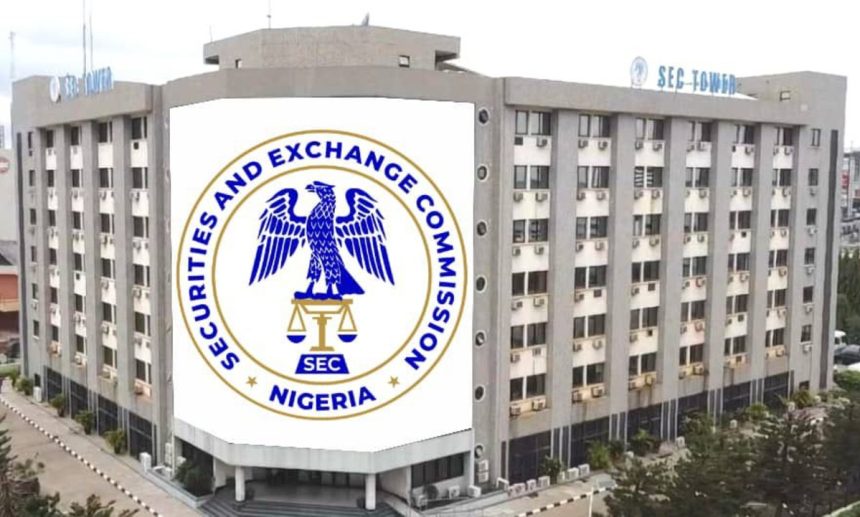
The Securities and Exchange Commission (SEC) has announced plans to fast-track the adoption of the International Sustainability Standards Board (ISSB) disclosure frameworks in Nigeria, a move it says will strengthen market transparency, reduce information risk, and attract international investment into the capital market.
Speaking at a panel session on the IFRS S1 and S2 sustainability standards, SEC Director-General, Dr. Emomotimi Agama, said aligning Nigeria’s market with the ISSB’s global baseline is critical to lowering capital costs for issuers, boosting investor confidence, and improving the competitiveness of Nigerian securities among global institutional investors and development finance institutions.
Agama noted that the SEC, as a member of the International Organization of Securities Commissions (IOSCO), has actively contributed to international policy discussions and joined the ISSB Standards Adoption Readiness Work Group (ARWG), which developed Nigeria’s implementation roadmap.
The roadmap introduces a phased approach, beginning with voluntary adoption by early adopters and large public interest entities (PIEs), before transitioning to mandatory compliance in 2027 for significant PIEs, 2028 for other PIEs, and 2030 for small and medium-sized enterprises.
According to the SEC boss, the sustainability disclosure framework will provide investors with clear, comparable, and decision-useful information on companies’ risk management, cash flow resilience, and transition strategies.
ALSO READ: FG moves to modernise technical education to reflect industry needs
This, he explained, will lower perceived risks, reduce borrowing costs, and broaden access to global capital pools.
Agama further disclosed that the Commission is engaging pension funds, asset managers, and institutional investors through the Capital Market Master Plan Implementation Council (CAMMIC) to harmonise data reporting and align requests with ISSB metrics.
ALSO READ: FG moves to modernise technical education to reflect industry needs
This, he said, will ease the burden of multiple and fragmented ESG reporting requirements on issuers.
To enhance reporting quality, the SEC is also working with the Financial Reporting Council of Nigeria (FRCN) to introduce phased assurance requirements that balance investor confidence with cost considerations.
Similarly, the Commission is collaborating with the Nigerian Exchange Limited (NGX) to develop taxonomy-enabled digital reporting platforms for machine-readable sustainability disclosures.
During the transition period, the SEC will adopt a review-based supervisory approach and apply a “comply or explain” regime before moving to full enforcement, as market participants and assurance providers build capacity.
Agama added that the full implementation of ISSB’s standards would not only enhance the market’s credibility but also spur innovation in products such as green bonds, sustainability-linked bonds, and transition sukuk, thereby diversifying offerings, boosting liquidity, and improving Nigeria’s eligibility for global indices.
“Aligning with the ISSB standards is central to our vision of building a transparent, resilient, and globally competitive market,” Agama said, noting that “it will open Nigerian issuers to larger pools of long-term capital, strengthen investor trust, and integrate SMEs into global value chains through sustainability reporting.”
He stressed that embedding sustainability standards into Nigeria’s capital market will consolidate the SEC’s role as a market enabler while positioning the country as a credible destination for responsible investment capital.
WATCH TOP VIDEOS FROM NIGERIAN TRIBUNE TV
- Let’s Talk About SELF-AWARENESS
- Is Your Confidence Mistaken for Pride? Let’s talk about it
- Is Etiquette About Perfection…Or Just Not Being Rude?
- Top Psychologist Reveal 3 Signs You’re Struggling With Imposter Syndrome
- Do You Pick Up Work-Related Calls at Midnight or Never? Let’s Talk About Boundaries






